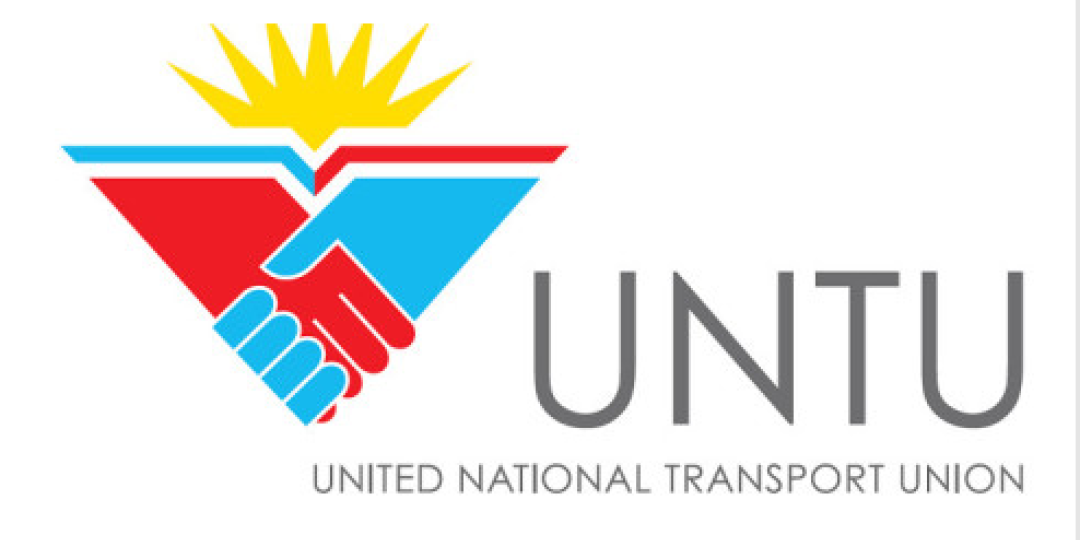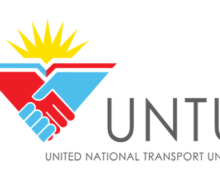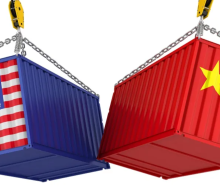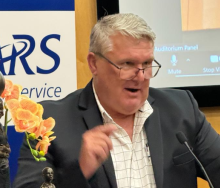Transnet has reached a three-year wage agreement with the United National Transport Union (Untu), but the SA Transport and Allied Workers Union (Satawu) has vowed to continue with the strike.
Transnet spokesperson Ayanda Shezi said in a statement late on Monday that it had reached an agreement which brought an end to the industrial action by Untu members “with immediate effect”. However, Satawu told Eyewitness News that it had no agreement with the parastatal and the strike would continue.
Untu’s members account for 53.9% of bargaining unit employees at Transnet.
The agreement, which applies to all bargaining unit employees, including those who are not members of Untu, is effective from April 1, 2022, and will be implemented from October 1, 2022.
• Year 1: a 6.0% increase in the basic wage for levels H to L, and 6.0% on the annual cost-to-company package for level G.
• Year 2: a 5.5% increase in the basic wage for levels H to L, and 5.5% on the annual cost-to-company package for level G.
• Year 3: a 6.0% increase in the basic wage for levels H to L, and 6.0% on the annual cost-to-company package for level G.
• An increase in the medical aid subsidy, in line with the increases in the basic wage, for the duration of the agreement. The increase in the medical subsidy for the 2022/23 financial year will be implemented from October 1, 2022.
• An increase in the housing allowance commencing from years 2023/24 and 2024/25.
• The back pay for the period April 1 to September 30, 2022 will be paid in two tranches - three months’ back pay on 15 November 15, 2022, and three months’ back pay on January 16, 2023.
However, Satawu spokesperson Amanda Tshemese said the union did not have an agreement with Transnet.
“We actually expected this from Untu because that’s what they did in our previous negotiations. They keep on betraying and failing the workers of this country,” Tshemese said.
Untu could not be reached for comment at the time of publication.
Shezi said Transnet would now focus on clearing the backlogs in the country’s ports.
“The company’s immediate priority is clearing any backlogs across the port and rail system – prioritising urgent and time-sensitive cargo - and implementing recovery plans, working with industry and customers,” Shezi said.













